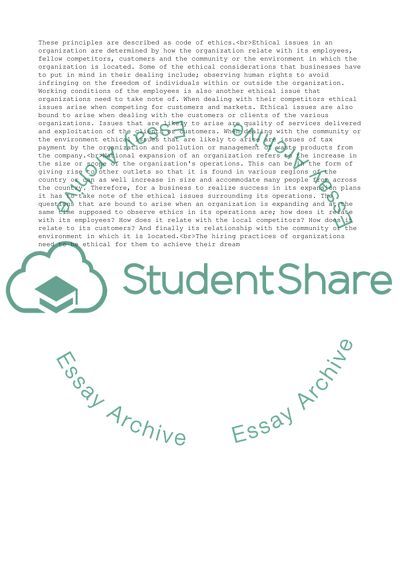Cite this document
(Global Management skills Essay Example | Topics and Well Written Essays - 2000 words, n.d.)
Global Management skills Essay Example | Topics and Well Written Essays - 2000 words. https://studentshare.org/business/1874854-global-management-skills
Global Management skills Essay Example | Topics and Well Written Essays - 2000 words. https://studentshare.org/business/1874854-global-management-skills
(Global Management Skills Essay Example | Topics and Well Written Essays - 2000 Words)
Global Management Skills Essay Example | Topics and Well Written Essays - 2000 Words. https://studentshare.org/business/1874854-global-management-skills.
Global Management Skills Essay Example | Topics and Well Written Essays - 2000 Words. https://studentshare.org/business/1874854-global-management-skills.
“Global Management Skills Essay Example | Topics and Well Written Essays - 2000 Words”. https://studentshare.org/business/1874854-global-management-skills.


